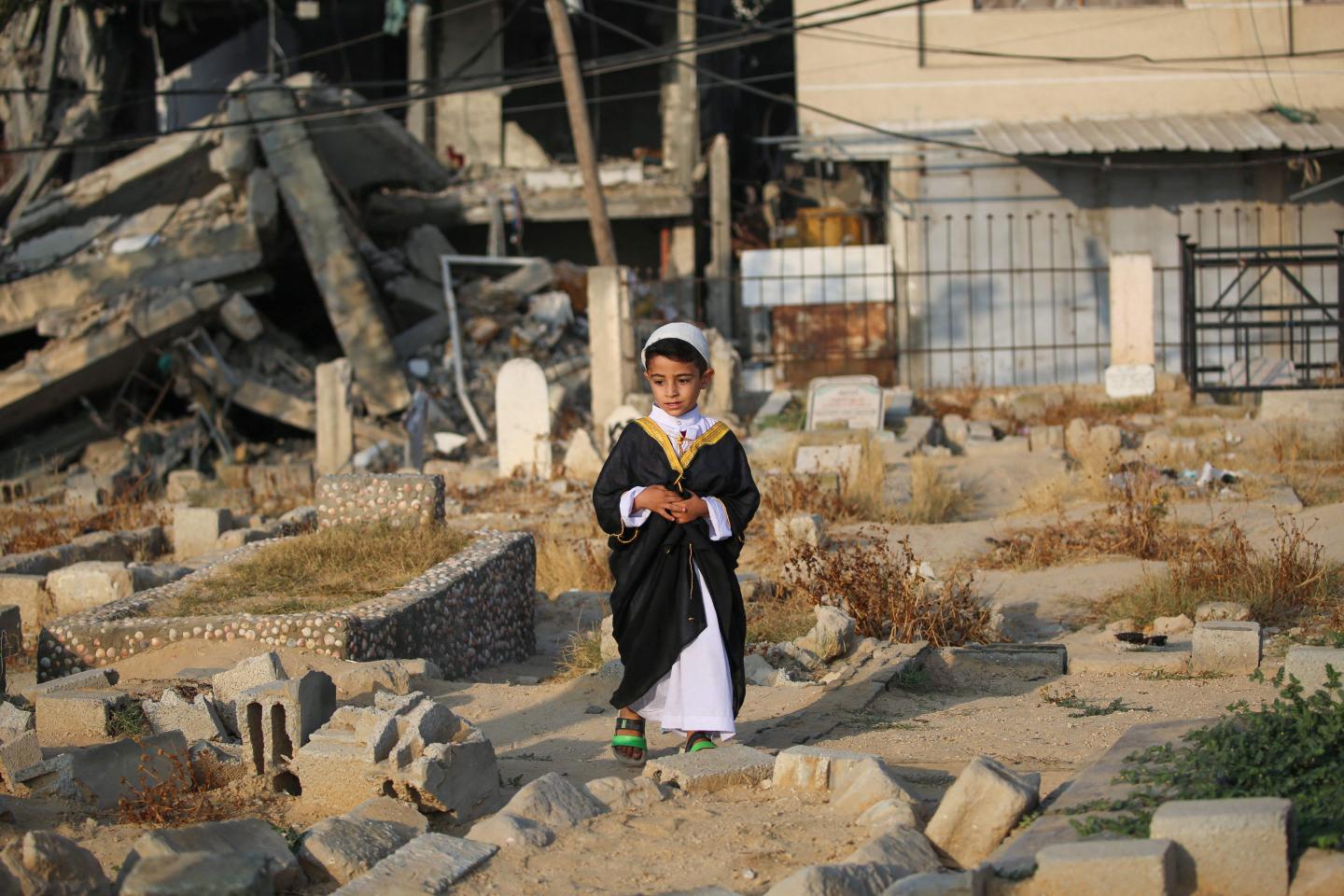


As a genocide specialist, I am often asked whether genocide is taking place in Gaza. Faced with the same question during his interview on French network TF1 on Tuesday, May 13, President Emmanuel Macron said it was for historians to say, and mentioned my work on the Armenian genocide and my report from the commission that investigated France's role in the genocide of the Tutsis in Rwanda. Why is such precedence given to historians on an issue that is, first and foremost, a matter of law?
The dual identification of genocide and the crime it defines was the work of Polish law expert Raphael Lemkin, a former prosecutor in Warsaw whose family was exterminated by the Nazis. He narrowly escaped the Holocaust and managed to take refuge in the United States. There, in 1943, he completed the book that defines the crime of genocide through the study of the fate of Jews in Axis-occupied Europe. He also drew on knowledge of the extermination of Armenians by the Unionist Young Turks in the Ottoman Empire. To reach this definition that matched the scale of genocidal enterprise, Lemkin worked as a historian. The concept of genocide as defined by international justice in 1945 thus established a link with the earlier history of the Armenian genocide. There is a mutual and often decisive contribution between historians and law experts.
Several historians, including Israelis, and law experts have concluded that a genocide has been committed by the State of Israel. The International Court of Justice (ICJ) warned on January 26, 2024, of a "real and imminent risk of irreparable harm" under the charge of genocide. The International Criminal Court (ICC), meanwhile, has since November 21, 2024, been prosecuting Prime Minister Benjamin Netanyahu, his former defense minister Yoav Gallant and Hamas commander Mohammed Deif (now dead) for war crimes and crimes against humanity.
You have 74.12% of this article left to read. The rest is for subscribers only.
